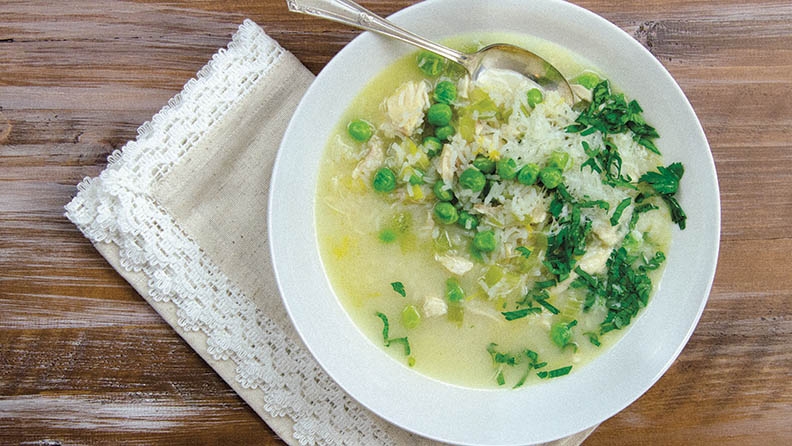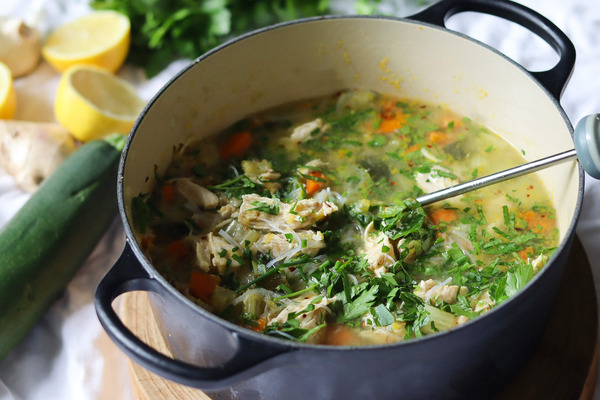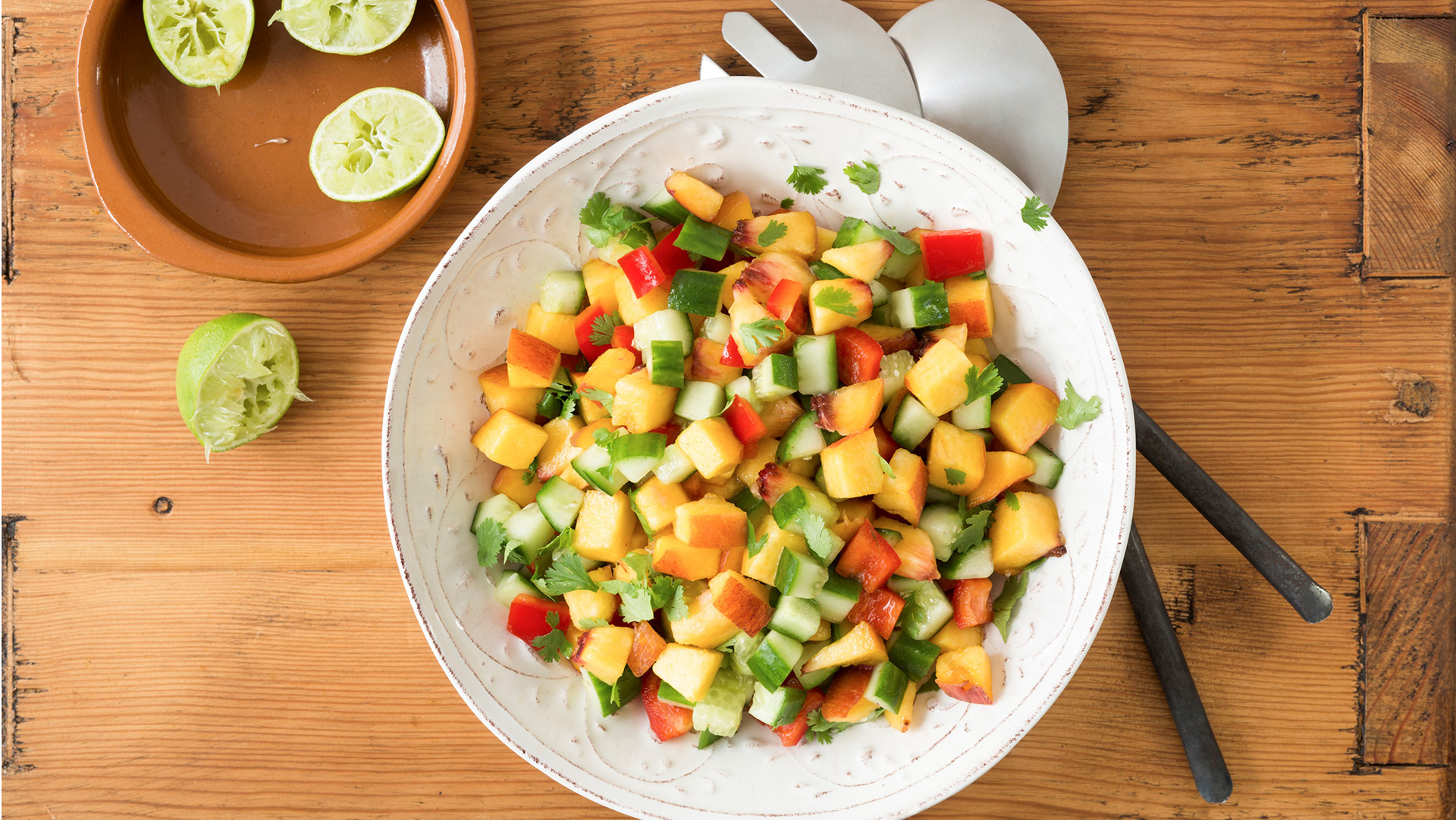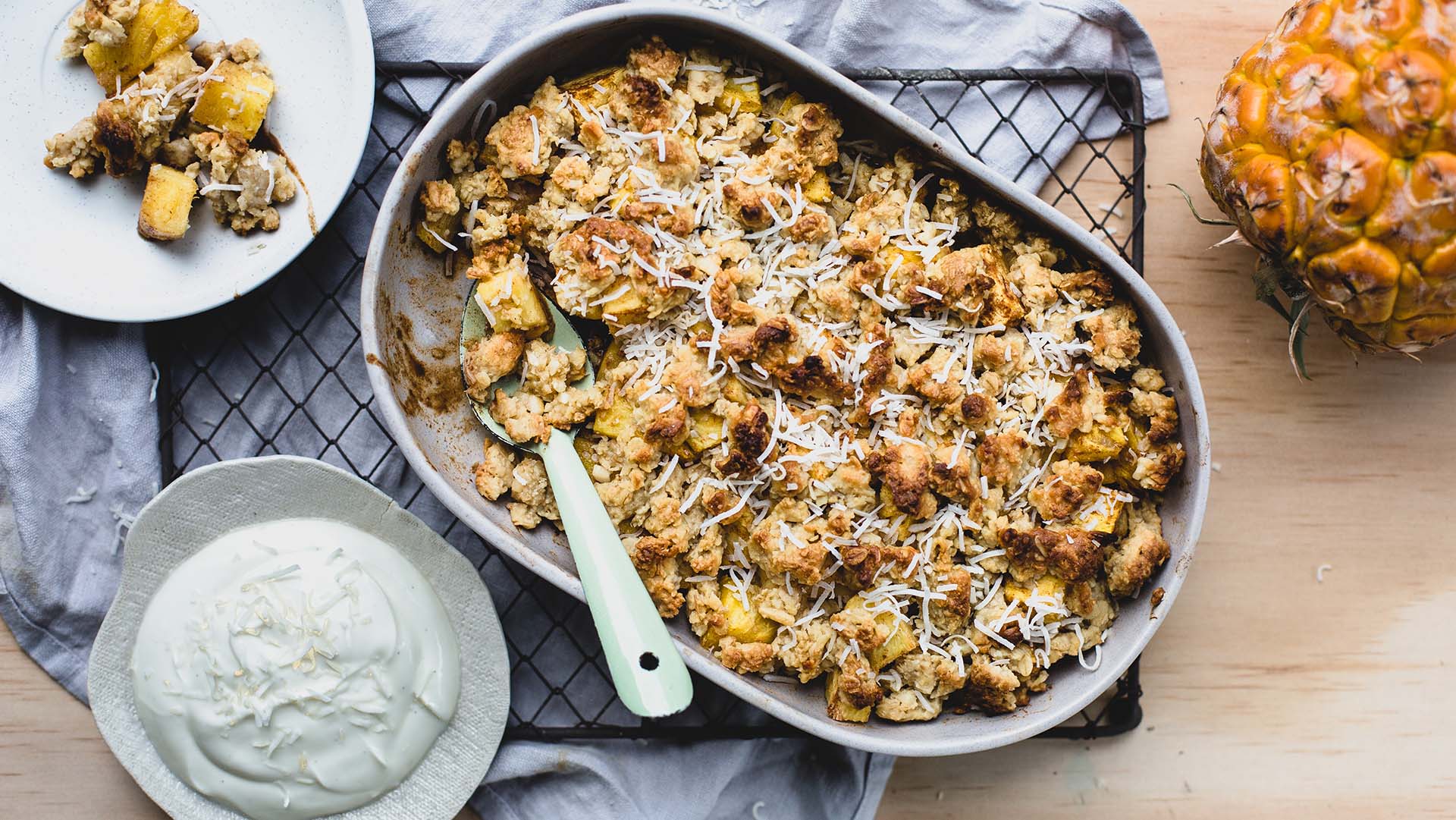-
Whether you’re training for your first fun run, or aiming for that personal best in the marathon, you’ve no doubt developed a program to achieve your time goal. But do you have a nutrition plan to complement your hard work?
Distance runners require lots of energy for stamina, especially during demanding training. Feeding the body with the right nutrition for each training session will reduce early fatigue, allowing you to work at a higher intensity for longer. Come race day, this puts you in the best position to delay fatigue as long as possible, and achieve your time goal!
A good nutrition approach has three key focus areas:
- Fuel and refuel
- Repair and recover
- Support immune function
Fuel and refuel with carbs
If you think of your body as a sports car, the food you put into it is the fuel. Without the right fuel, your performance will significantly decline. The right fuel includes healthier carbohydrate foods, like whole grains, fruit, starchy vegetables, dairy and legumes.
While previous ways of thinking about fuel meant constantly loading up on carbohydrates, recent research leans towards ‘carbohydrate periodisation’. Put simply, carbohydrate periodisation means prioritising carbohydrate foods for training sessions that require the most fuel.
For example, increase carbohydrate intake around high intensity (HIT) sessions that last longer than 90 minutes, and reduce carbohydrates around recovery and low intensity (LIT) sessions. Once the LIT sessions are completed, increase your carbohydrate intake for your next HIT, and the cycle continues.
This allows the body to train different energy systems (both carbohydrate and fat fuel sources), which improves efficiency and potentially delays fatigue when competing.
Repair and recover with protein
Immediately after a training session (while the body is most sensitive), there’s a 30 minute window where getting in the right nutrients will help speed up recovery. This will increase your ability to perform at a higher level for the next training session.
We all know protein plays a key role in muscle recovery, but the amount of protein is most important. 20-25 g is the ideal amount within that 30 minute window, with studies showing that consuming higher amounts of protein has no extra benefit to muscle repair and recovery.
So what does 25 g of protein look like?
- 100 – 120 g uncooked meat/chicken/fish
- 4 eggs
- Small tin tuna
- 1.5 tubs high protein yoghurt
- ¾ cup of unsalted nuts
Adding carbohydrate to this recovery meal will refill the tank for the next training session. This can be achieved by eating a meal like breakfast or dinner just after the training session, or suitable snacks between meals.
Boost immunity with fruit and veggies
Getting sick isn’t an option when training for a marathon. Illness limits training, which leads to a decline in fitness. While it’s tempting to go for multivitamins or
super-green supplements, it’s important to nourish the body properly – not go for a bandaid fix.Real and wholesome food, such as a wide range of fruits and vegetables, will provide an array of vitamins and minerals to give your immune system a superior
advantage. Aim to get in extra nutrients, such as vegetables with each main meal, and fruits for mid-meal snacks.
The best food to fuel your fitness training
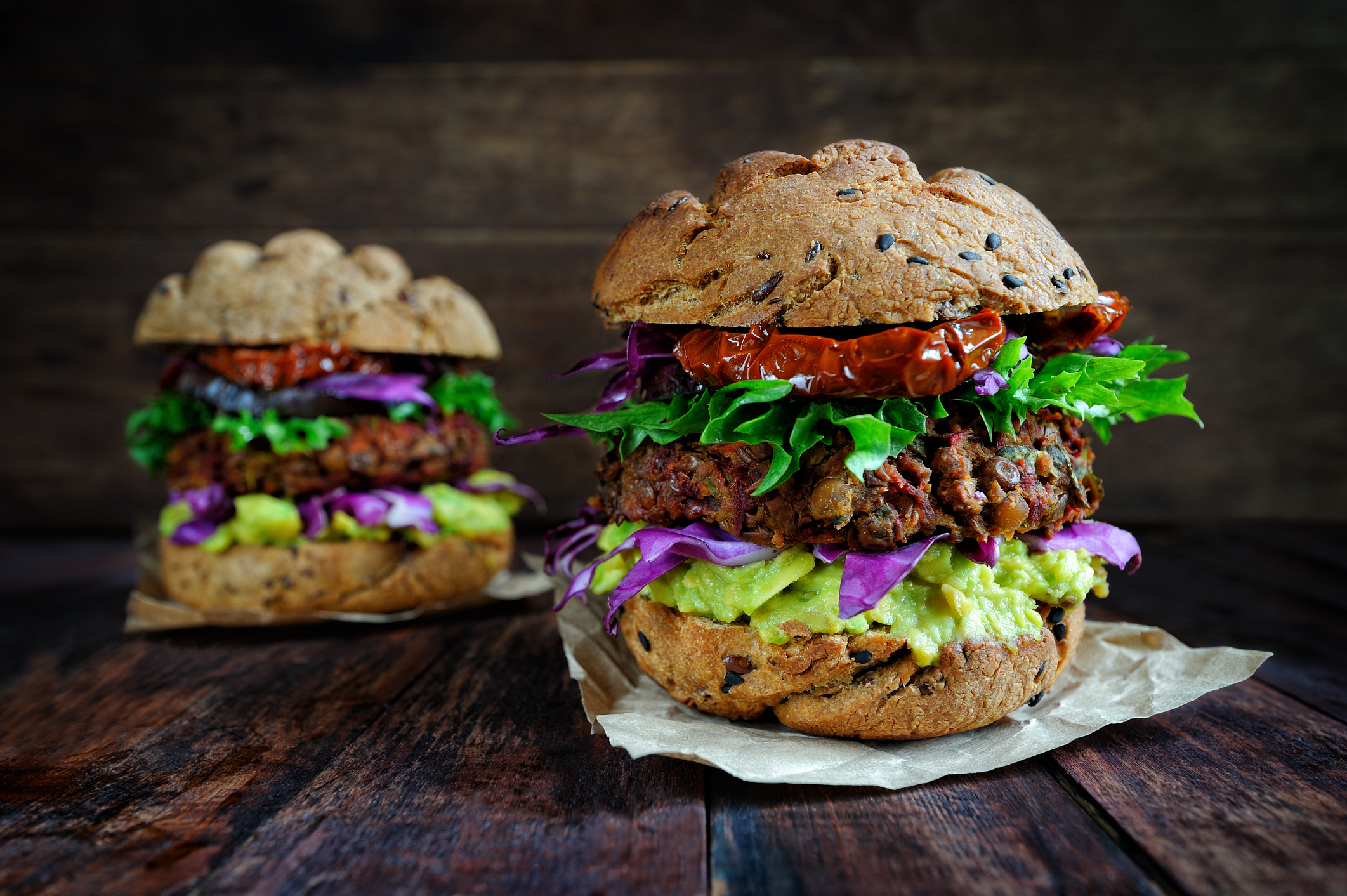
-
Is sharing a meal the secret ingredient to a happier life?
Why social connection may be the most important ingredient on your plate.
-
Chicken soup with parmesan, rice, peas and lemon recipe
Nourishing chicken soup
-
The best immunity-boosting foods
Key nutrients to focus on that could help to boost your immunity, and the how to get them.
-
Comforting chicken noodle soup
Packed with anti-inflammatory ingredients including leek, garlic and ginger, this chicken noodle soup is hearty, full of goodness and great for any night of the week.
-
Peach salsa recipe
Zesty and unusual peach salsa recipe
-
Pineapple gingerbread crumble recipe
A summer riff on a winter classic.
Subscribe to receive the best from Live Better every week. Healthy recipes, exercise tips and activities, offers and promotions – everything to help you eat, move and feel better.
By clicking sign up I understand and agree to Medibank's privacy policy


